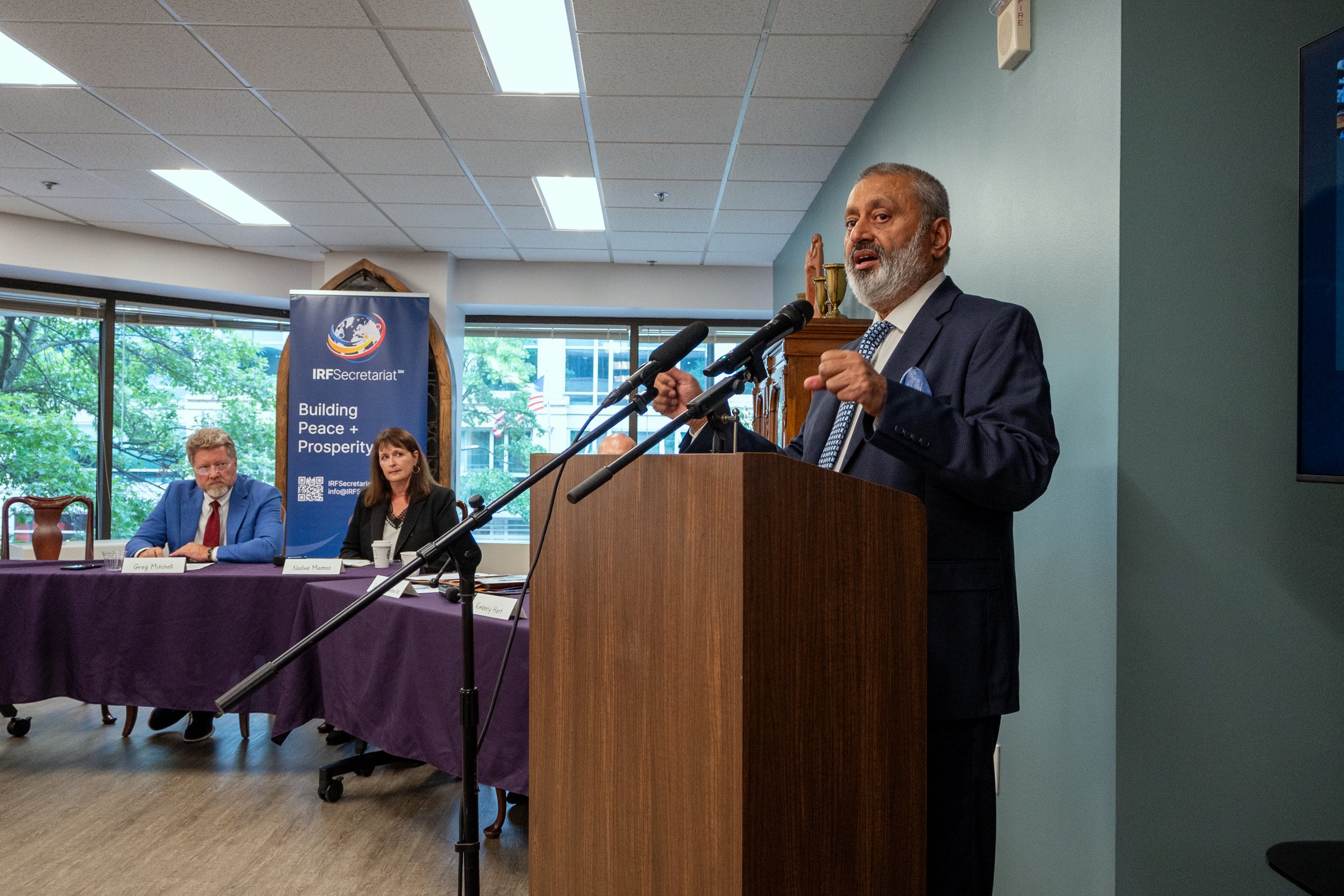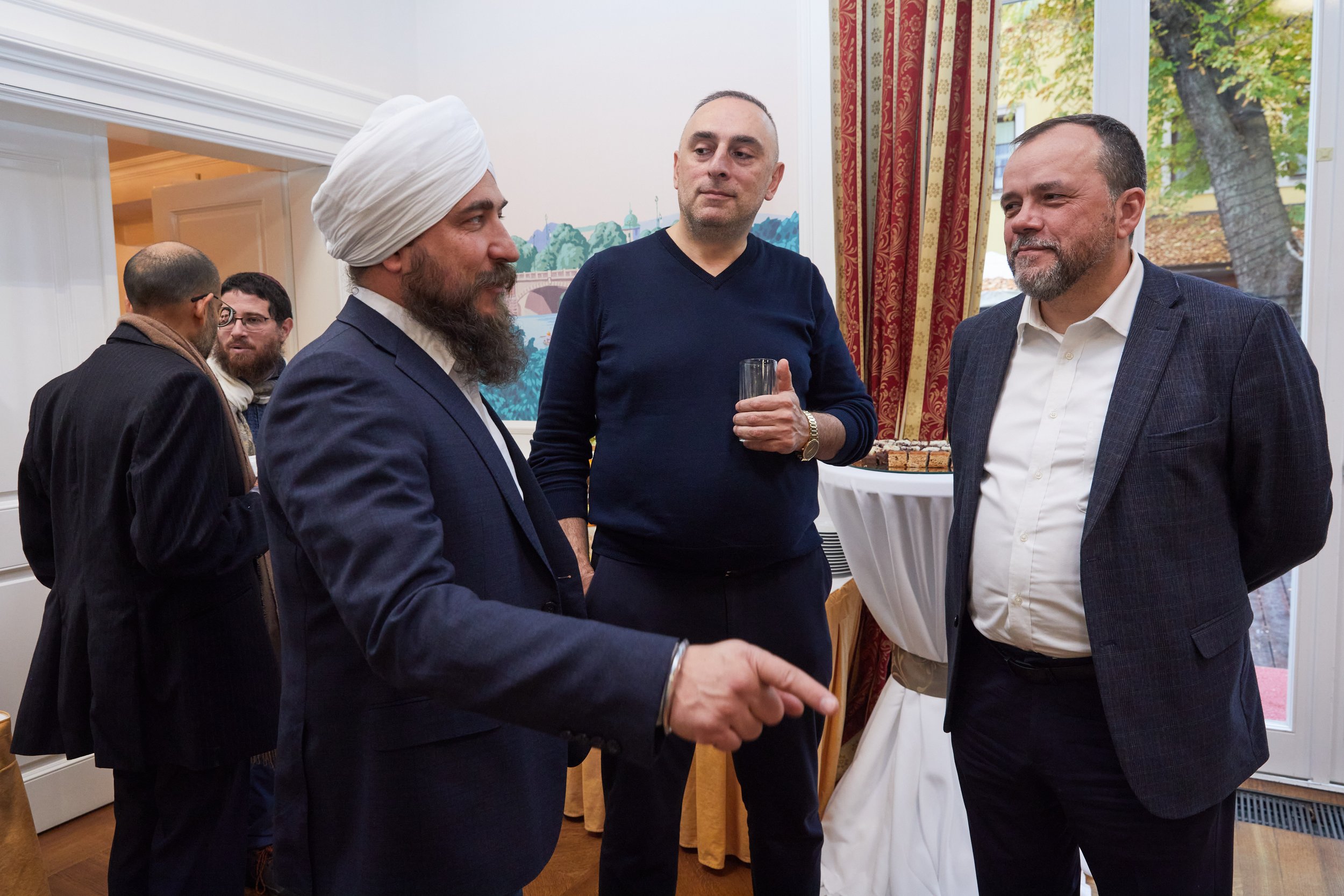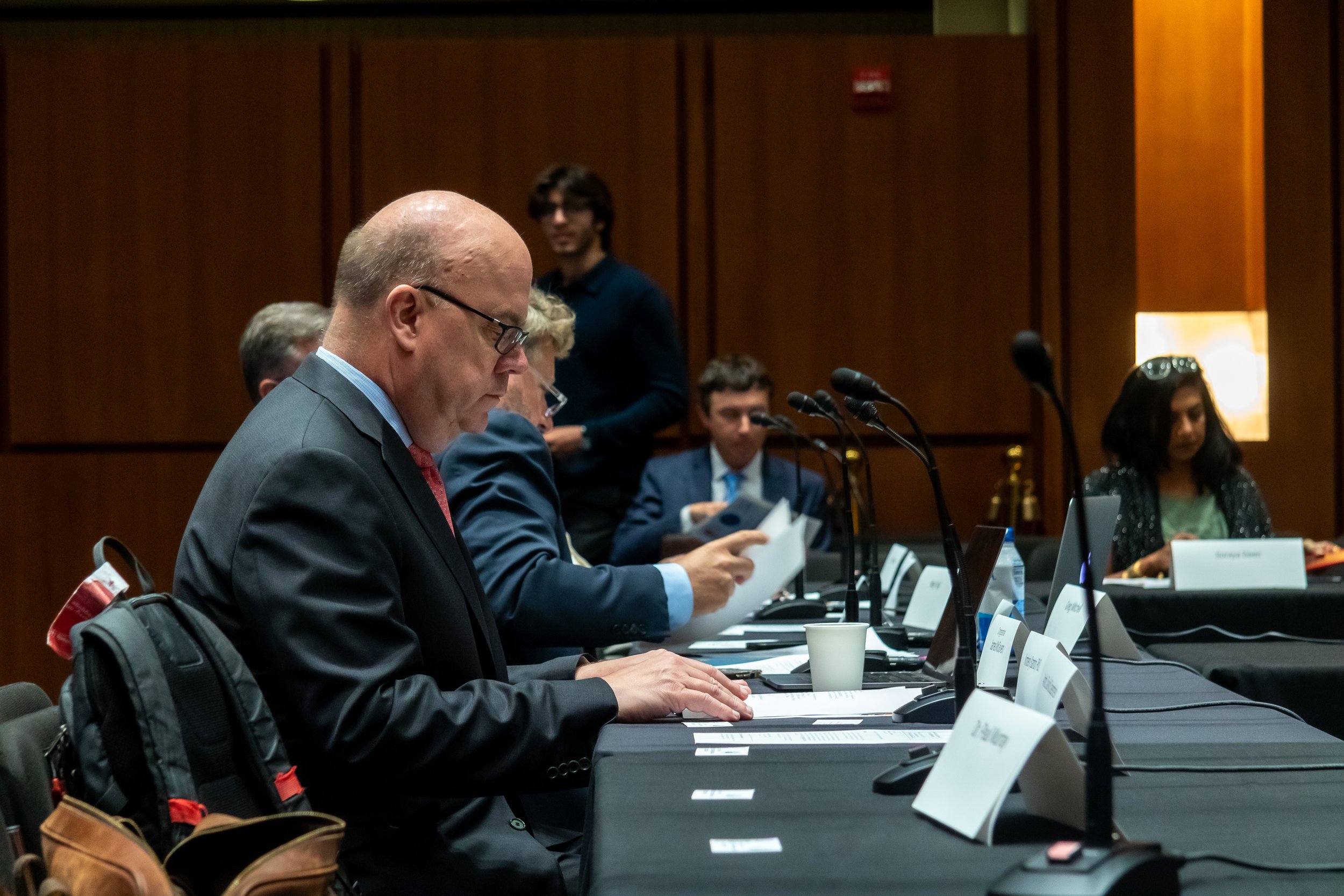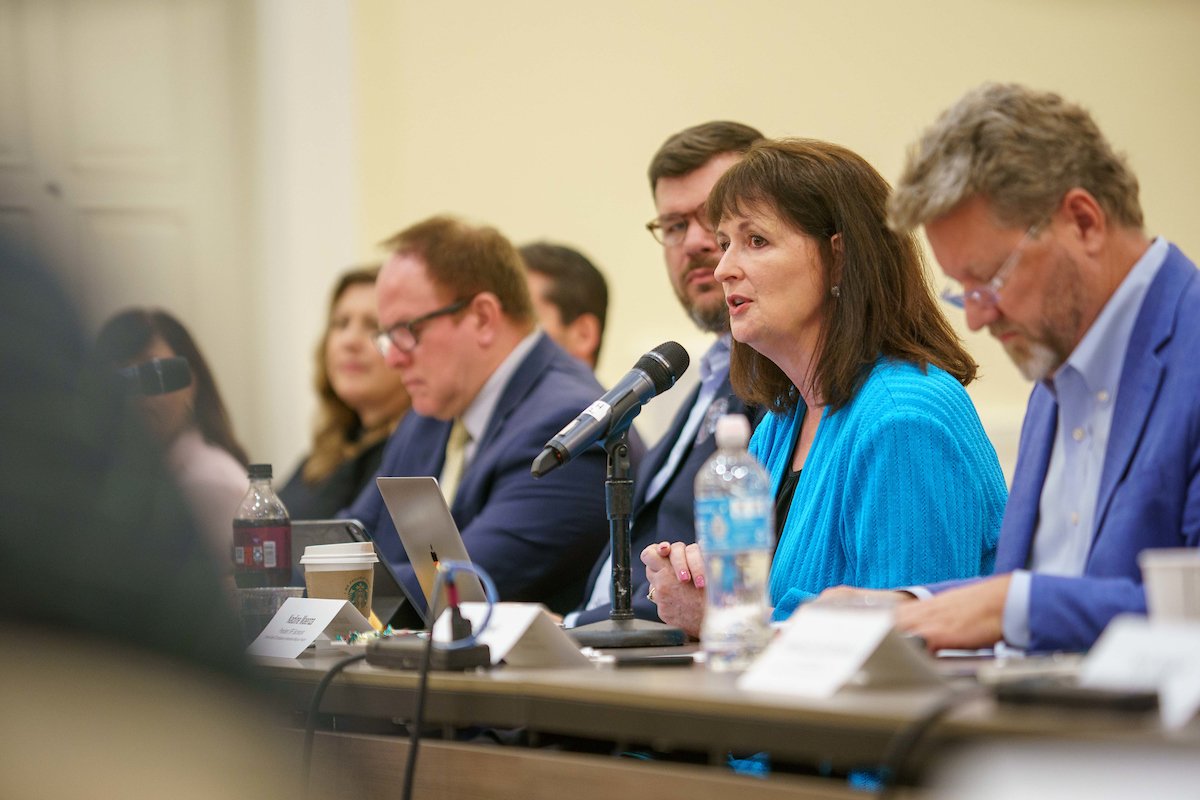
Why Religious Freedom Matters
Religious freedom is not just a human right—it’s a foundation for peace, prosperity, and global security.
The Strategic Importance of Religious Freedom
-
A National and Global Security Imperative
Religious freedom is essential for peace and prosperity. It protects minorities, aligns with international law, and serves as a counter to conflict, radicalization, and extremism.
-
A Foundation for Thriving Societies
Stable democracies, civil society, economic development, and social harmony all grow stronger when religious freedom is upheld.
-
Supported by Evidence
Decades of research confirm that protecting religious freedom is not only a moral imperative—it’s a practical one. Scholars and institutions have demonstrated strong links between religious freedom and reduced violence, stronger democracies, and thriving economies.
The Evidence
Bringing Religious Freedom to the Forefront
In July 2021, the cause of international religious freedom strengthened significantly as more than 1,000 leaders from 30 diverse belief traditions gathered with government leaders from throughout the world to participate in the first-ever International Religious Freedom Summit.
Catalyzing Multifaith Coalitions for Religious Freedom
For the past 12 years and with support from Templeton Religion Trust, IRF has been practicing a different approach:bringing people of different faiths together to work cooperatively to advance religious freedom for all.
“Once advocates embrace and embody the cooperative engagement approach and unite across their deepestdifferences, they are enabled to become builders of religious freedom, inclusion, and cohesion,” says Mitchell.

The Power of
Multi-Faith Collaboration
What is a Multi-Faith Roundtable?
A multi-faith Roundtable is a means to:
bring faith communities together to discuss and inform policy
coordinate actions to build social cohesion
discredit radical ideologies and extremism
strengthen security and stability
enable economic development and empowerment
foster sustainable peace and prosperity
“Religious communities are most likely to support democracy, peace and freedom for other faiths, and least likely to take up the gun or form dictatorships, when governments allow them freedom to worship, practice and express their faiths freely and when religious communities in turn renounce their claims to permanent offices or positions of policy-making authority.”
- Monica Duffy Toft, Daniel Philpott and Timothy Samuel Shah, “God’s Century: Resurgent Religion and Global Politics.” (New York: Norton, 2011)




